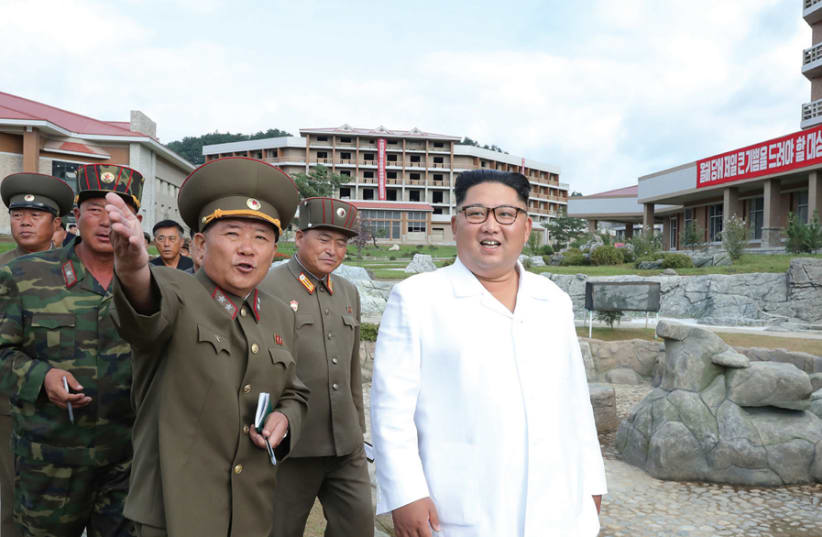The women, detained between 2009 and 2019 after failing to flee the country, recounted in interviews with U.N. investigators in Seoul after their release, how they were deprived of food, sleep, daylight and fresh air while in the detention centers and prison camps.
Many also said in the report titled "I Still Feel The Pain" that they were subjected to torture, invasive body searches, forced abortions and even rape by authorities there. All of the women eventually managed to defect to South Korea.
"I did not sleep and worked because I did not want to be beaten. It was excruciating to a level that I even attempted to commit suicide," one woman was quoted as saying.
North Korea did not immediately react to the report but it has previously called criticism over its human rights record a "plot to overthrow" its regime.
Another woman recalled one of her first nights in detention in 2010 when she was raped by an officer.
"He threatened that ... I would be humiliated if I rejected him. He even told me he could help me to be released sooner if I did as he said," she said.
Gathering information in isolated North Korea is notoriously difficult, and the report acknowledged the lack of access to the country limited the agency's ability to verify the interviewees' accounts.
Daniel Collinge, a UN human rights officer who co-authored the report, said the project was aimed at putting pressure on Pyongyang to improve the situation, while urging other countries not to deport defectors who risk their lives to achieve freedom and prosperity.South Korea's Moon Jae-in government, which is trying to improve ties with the North, recently came under criticism after revoking the licenses of defector groups and banning their campaigns to send anti-Pyongyang propaganda leaflets across the border.
